Assessment Innovation Fund: three further pilots announced as part of £1 million funding initiative

Following the launch of NCFE’s £1 million Assessment Innovation Fund in August last year, new pilots have been announced to test innovative approaches to assessment in England. Three ground-breaking initiatives have begun their pilot phase and are set to see excellent results in the endeavour to explore the use of technology in assessment.
With the aim of supporting the development of better assessment methods that meet the needs of learners and educators, The Sheffield College, The University of Newcastle in Australia, and The Really NEET Project have all been given significant sums to test their models.
The Sheffield College’s pilot will test the effects of how virtual reality (VR) can be used effectively in summative and formative assessment. The college was awarded the money to support their research on assessment which will focus on Catering, Animal Care and Construction initially. Their aim is to build experiences that enable learners to go into a fully immersive VR setting and practice their skills. This will give learners more practice time when the physical spaces for work experience are limited and increase learners’ opportunities to work with teachers and get constructive feedback.
The University of Newcastle (Australia) bid to test the process of moving from a grade-based system (e.g. 80%/High Distinction) to digital badges in courses. The university was awarded funds to develop their pilot over a 12-month period, involving over 1000 learners, with many more lined up for future phases. Having started research in November 2021, the team is evaluating their approach, and measuring any impacts on systems, policies, processes, staff, and students.
The Really NEET Project, based in Rotherham, is running a pilot that will test the effects of immersive and interactive story-based assessments. They aim to change perceptions by using modern technology to engage learners in a more personalised assessment. Awarded a substantial budget to support the technology development, the Really NEET Project will run the pilot with 90 students over two years and aims to engage hard-to-reach students who don’t respond to mainstream education and assessment. They will use themed assessments to gather the necessary data to demonstrate demand and fulfil the necessary regulations.
Window three of the AIF is now open for applications, and closes at 8 am on Tuesday 19 April 2022. NCFE wants to hear from training providers, qualification developers, awarding organisations, quality assurers, ed tech organisations, colleges, and more, if they have ideas for transformative assessment ideas and provide solutions that:
- Deliver a transformational learning and assessment experience for all learners
- Consider essential and technical skills development to enable learners to develop agency
- Enable personalisation in assessment
- Develop an assessment system that is fair and inclusive by design and moves away from high stakes, stressful exams where appropriate to do so
- Provide balance and interplay of formative and summative assessment
- Implement technology to make assessment more readily available and fit for purpose
- Build a real-time picture of the impact of the learning
- Use data and technology in insightful and efficient ways to enable high-quality teaching, learning and assessment
- Use data more effectively to improve the level of perceived value of assessment processes, as a means of enabling choice and informing every stage of the learning journey.
Jessica Blakey, Head of Assessment Innovation at NCFE, said:
“We are delighted to be awarding this funding to advance the models of assessment that will be available for learners of the future. The education landscape is diverging, and it is NCFE’s goal to be at the forefront of sector-leading advancements, which will create great change for education as we know it.
“I look forward to seeing the pilots of these three excellent organisations develop and encourage other organisations to apply for further rounds of funding so together, we can continue with this important work.”
Steve Spence, Teaching and Learning Innovator, The Sheffield College, said:
“We are really excited to be part of this ground-breaking initiative and proud to be the first further education college in the UK to take part.
“We will be piloting virtual reality technology with a group of animal care, catering and construction students to enhance their learning and skills by creating content that immerses them in the world of the sectors they are studying. The research that we gather will help us understand how best to integrate virtual reality technology into the curriculum and innovate our approaches to assessment.
“We hope that our findings will also support colleagues across the further education sector in adopting and realising the benefits of new innovative approaches to teaching, learning and assessment, in this case, virtual reality technology.”
Professor Peter Twining, who leads the team in Newcastle (Australia), explained:
“There is a lack of empirical evidence about the impacts of using digital badges to replace marks on assignments, but logic and our early experiences suggest that using them will sharpen the focus of our assessment criteria and enhance student engagement with feedback on assignments.
We are exploring the practicalities of replacing marks with digital badges and the impacts, both positive and negative, that this has on students and staff. The project is focussing on initial teacher education programmes, with the aim of ensuring that our teaching students achieve the required Professional Standards for Teachers, as well as ensuring our graduates are life and work ready .”
Sophie Maxwell, Founder of The Really NEET Project said:
“This is a 6 year passion project. I am so proud and excited to be part of a potential change in the exams system.”
Find out more here.


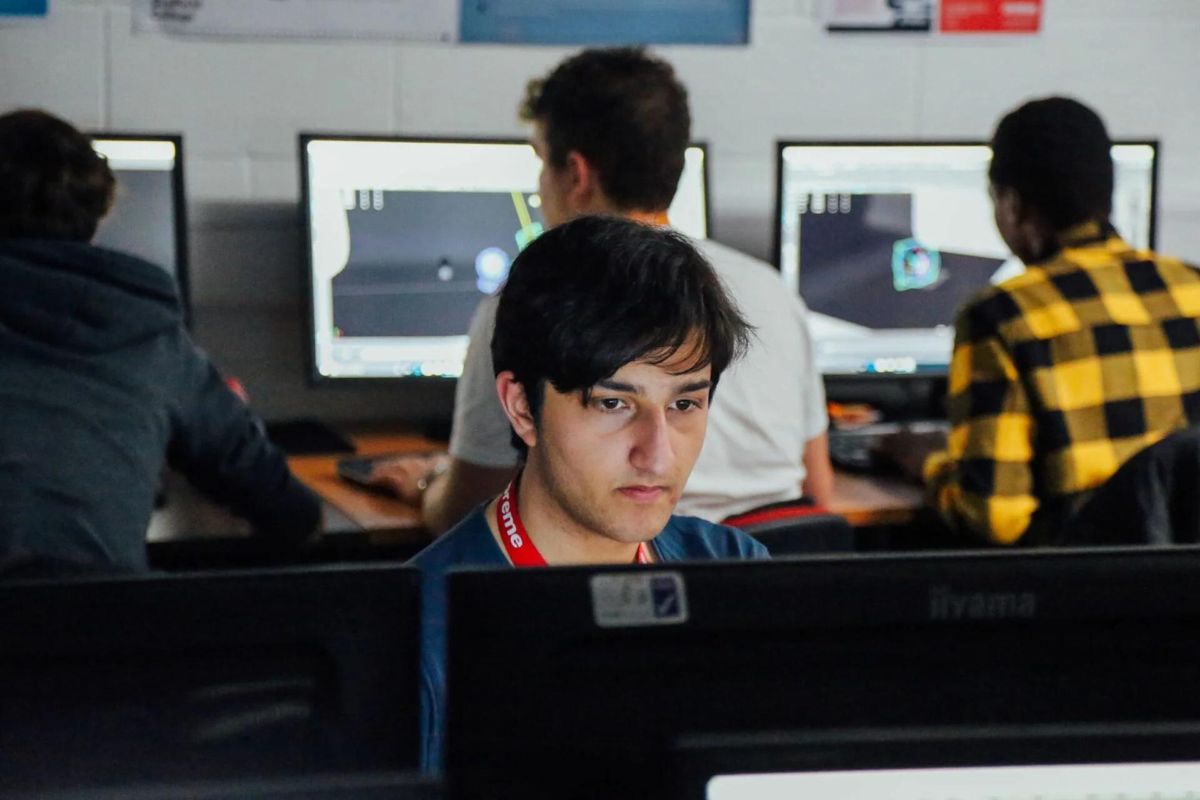

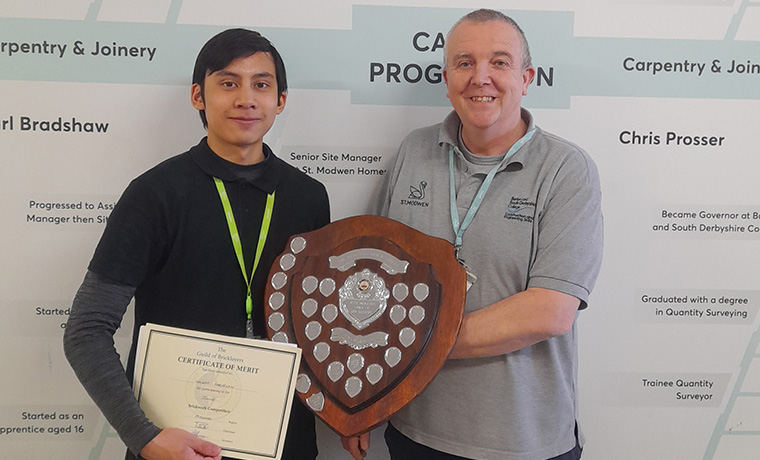
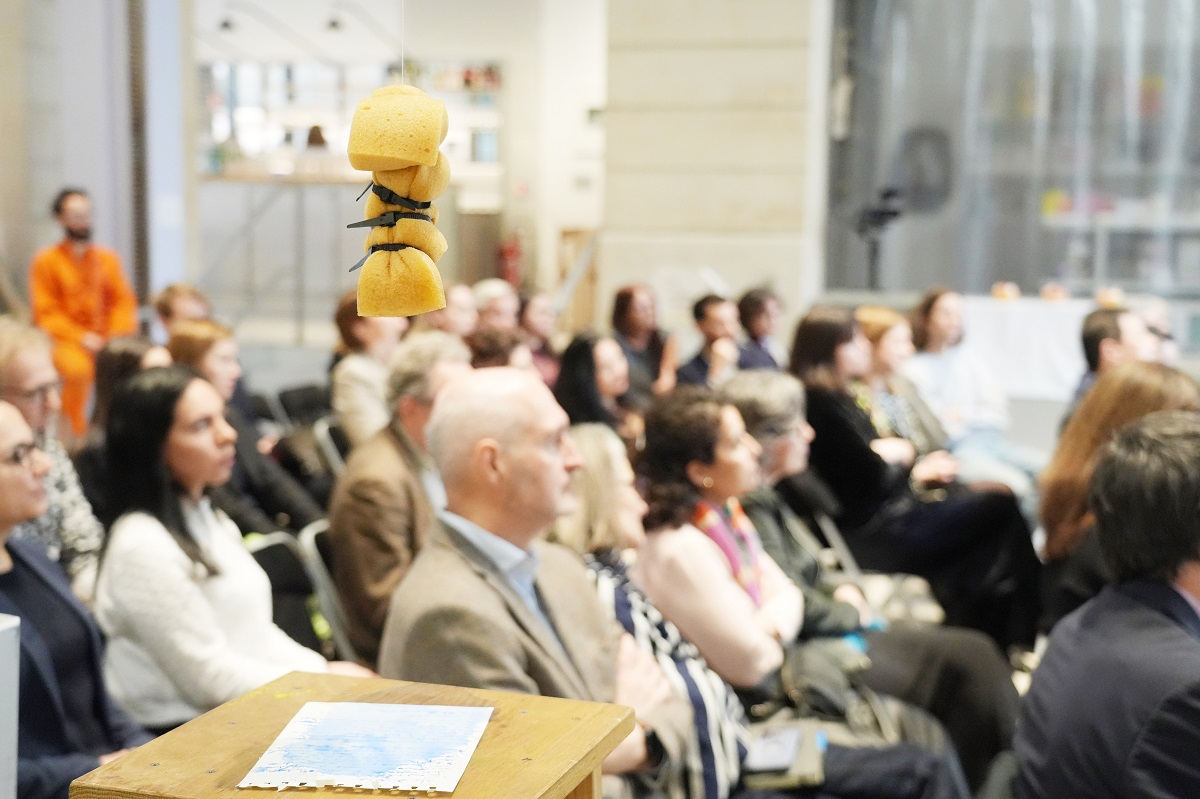

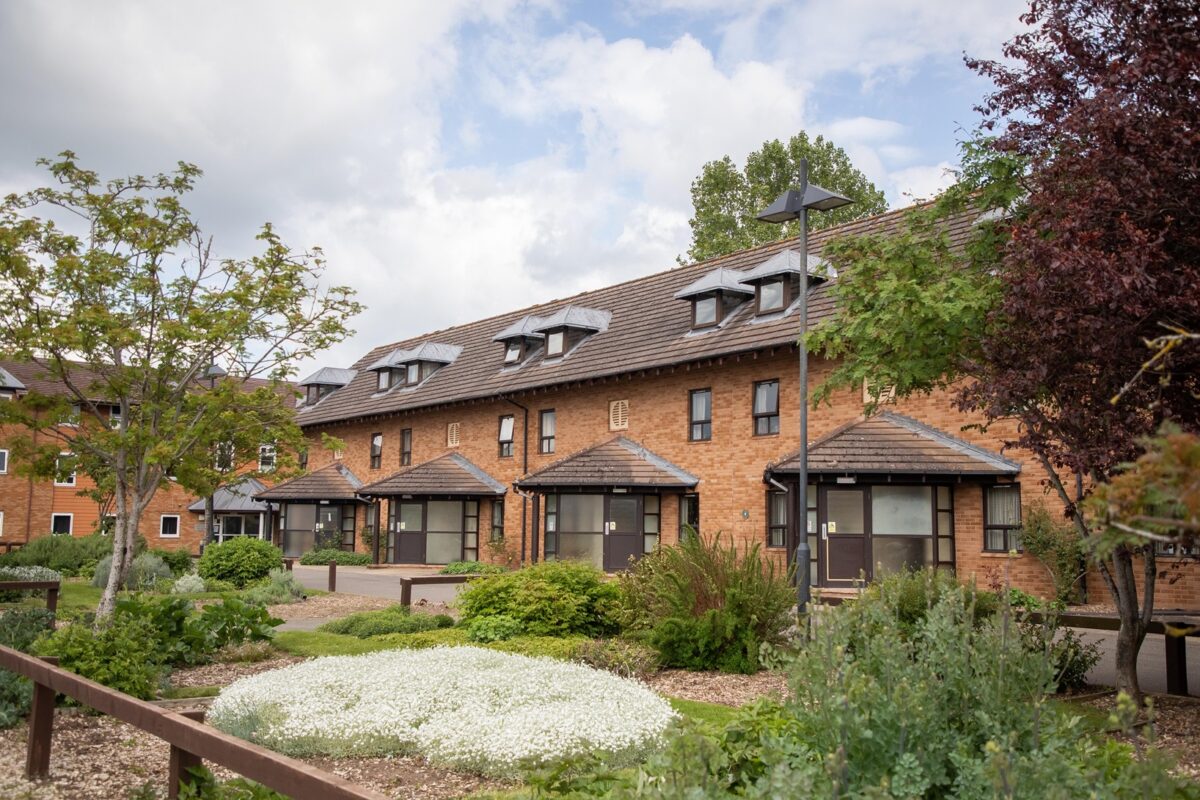
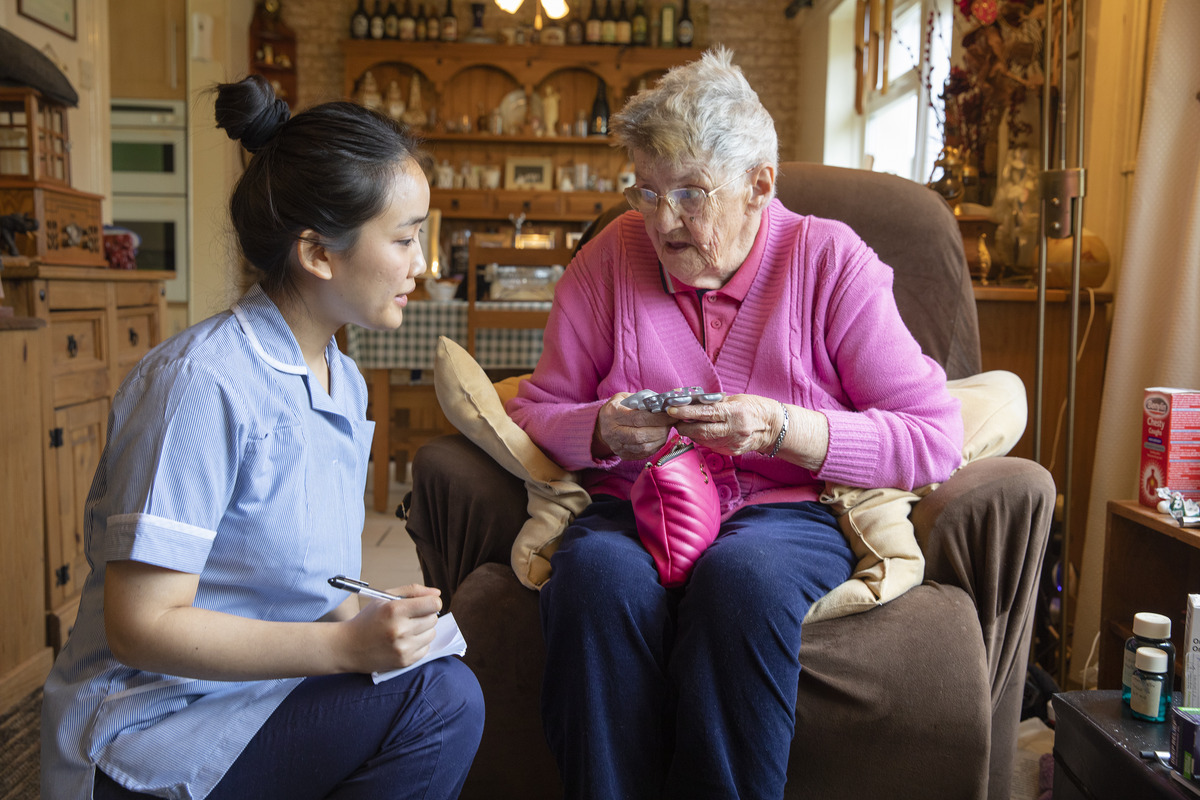
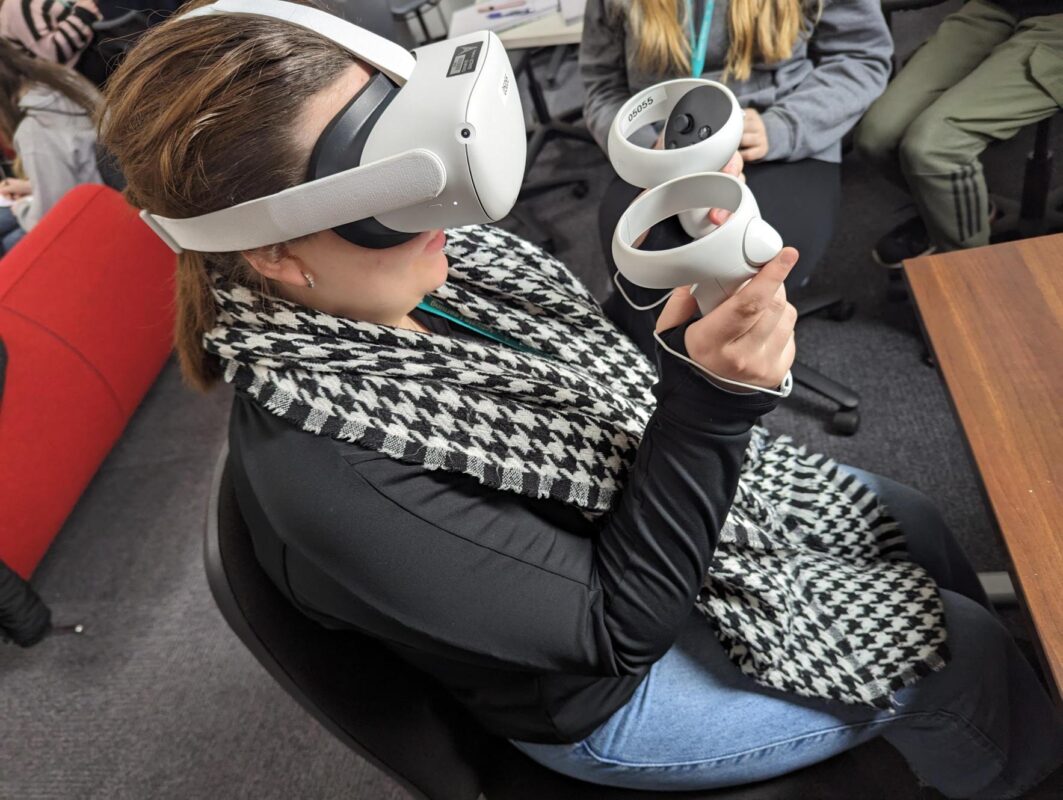
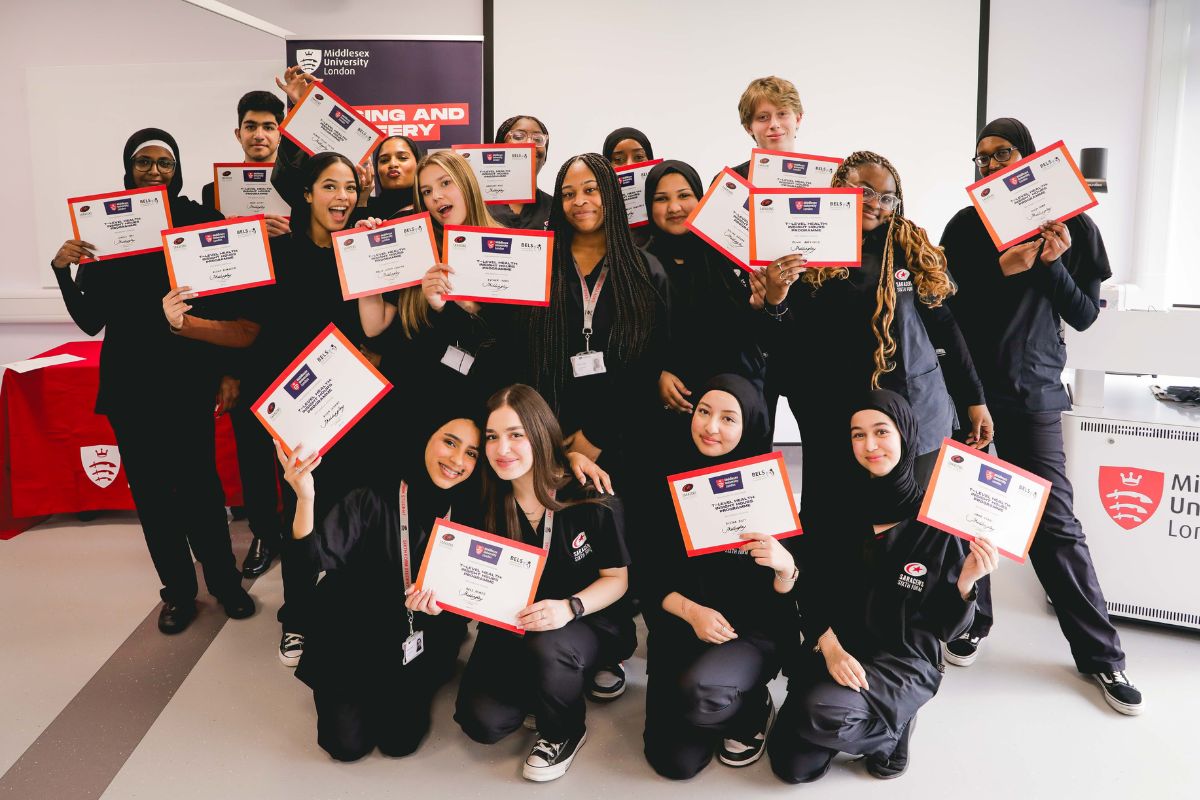

Responses